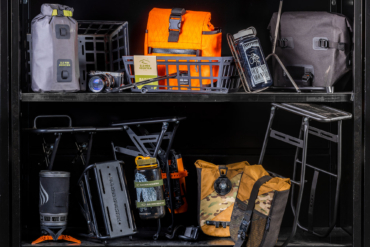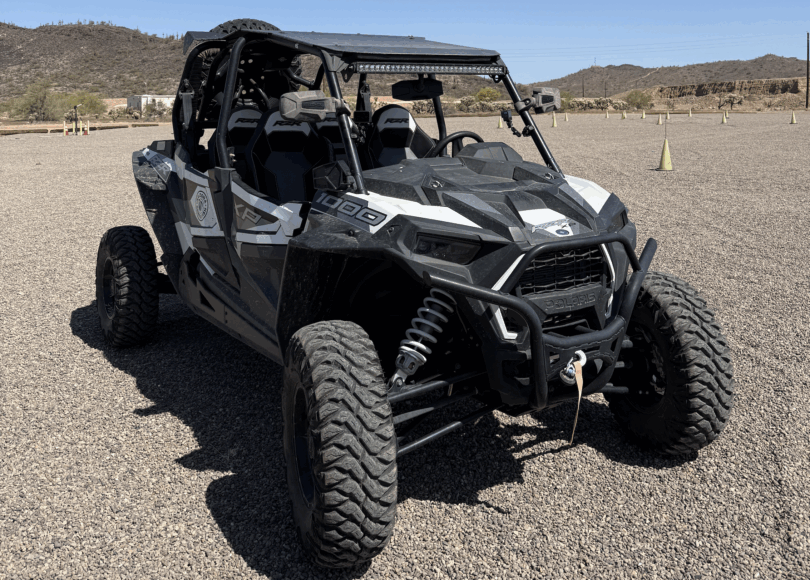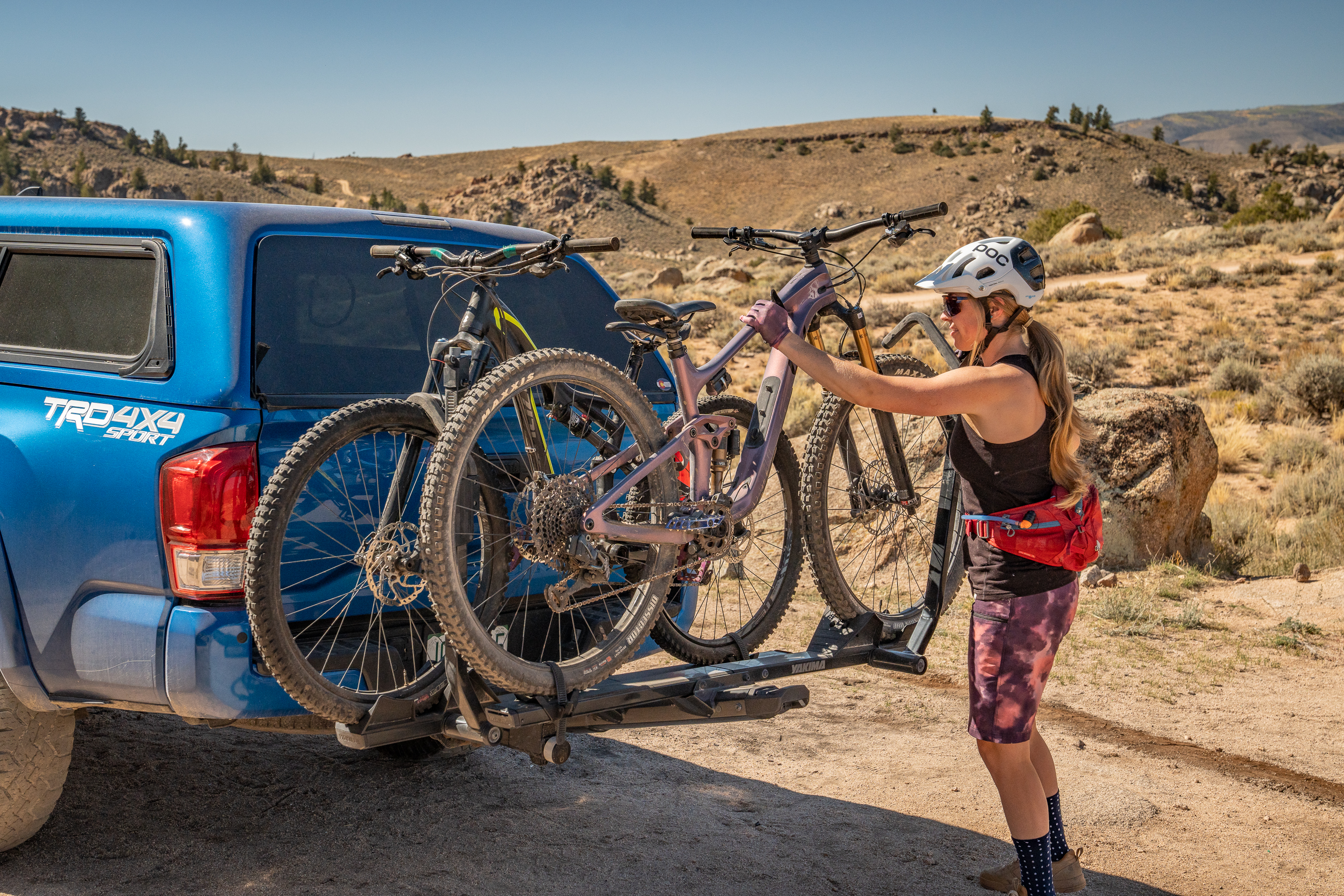Traveling the world with a bike in tow is a challenge. But for cycling enthusiasts who need their wheels on site for a trip, most major airlines have policies in place to make it happen. To be sure, there are often big extra fees to pay. In recent years, I have flown to international and domestic destinations with a bike, paying as much as $300 once to get my boxed-up mountain bike ferried on a multi-leg Delta itinerary from Minnesota to southern Chile.
Last month, heading back to South America, I tested out a high-end bike case from SCI’CON, an Italian manufacturer that touts its AeroTech Evolution as “simply the best bike hard case on the market.” At about $1,400, the AeroTech is likely the priciest, too.
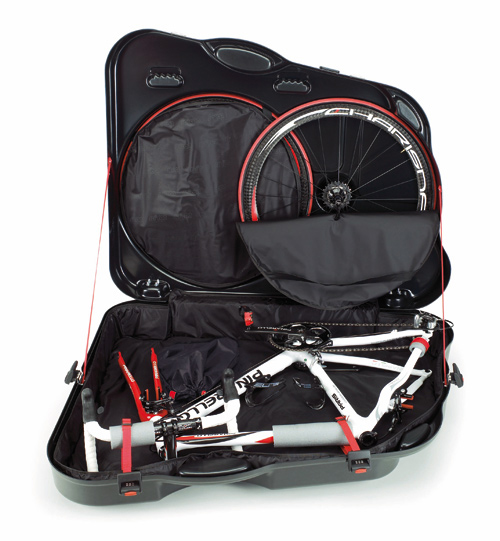
The made-in-Italy case is imported to the United States through Albabici, a company that has a niche of selling Italian cycling products. Several pro-level cycling teams use the AeroTech case, according to the company. For average riders serious about protecting their bikes, the AeroTech might be worth the investment.
Its thermoplastic ABS walls are tough and protective. The case’s unique design fits most road bikes easily inside once the wheels, seat and one pedal are removed. (My mountain bike, with a size large frame, also required removal of the fork and handlebars to fit — a slight pain.)
There are combination locks on the case to prevent pilfering. It has built-in handles and four wheels to let you roll the case stealthily with one hand through an airport concourse.
The case measures about 45 × 35 × 11 inches. This is an average size for a bike box, though it’s still on the verge of being too large for some airlines. In fact, for one of my carriers this year in route to South America, LAN Airlines, the case was officially too big as per baggage information on the website. At check in, the airline attendant let the infraction slide, not glancing twice or taking out a measuring tape.

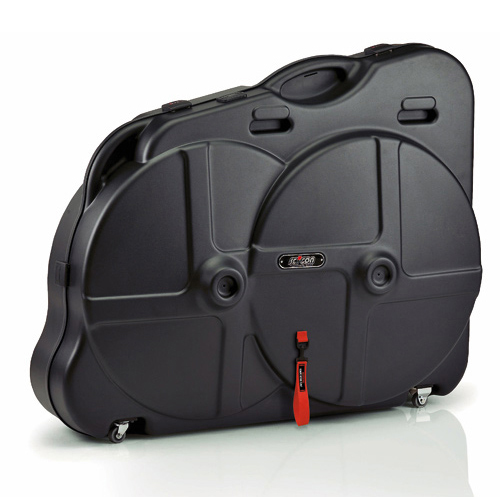
Weight of the case when empty, at about 24.5 pounds, is also a concern. With a bike inside, the whole package easily pushes near 50 pounds, which is the max limit for weight with many airlines before more fees apply.
In use, the case is slick. The deep box fits a bike frame easily inside. Carved-out sconces for the wheels let you close the case over semi-deflated 26-inch mountain bike tires with no problem. Caveat: For 29-inch wheels, which are increasingly popular with mountain bikers, the AeroTech case is too small.
Overall, the AeroTech proved to be a fine choice this year to get my bike safely and conveniently halfway across the world. Bikes can get tossed around and crunched on luggage carts. After more than 30 hours of travel, and multiple carriers later, my bike arrived in South America seemingly untouched.
The AeroTech case requires some serious capital, no doubt. But if you travel with two wheels and have a pricey bike you need to protect, this high-end tote might just be the case to match.
—Stephen Regenold is founder and editor of www.gearjunkie.com.

